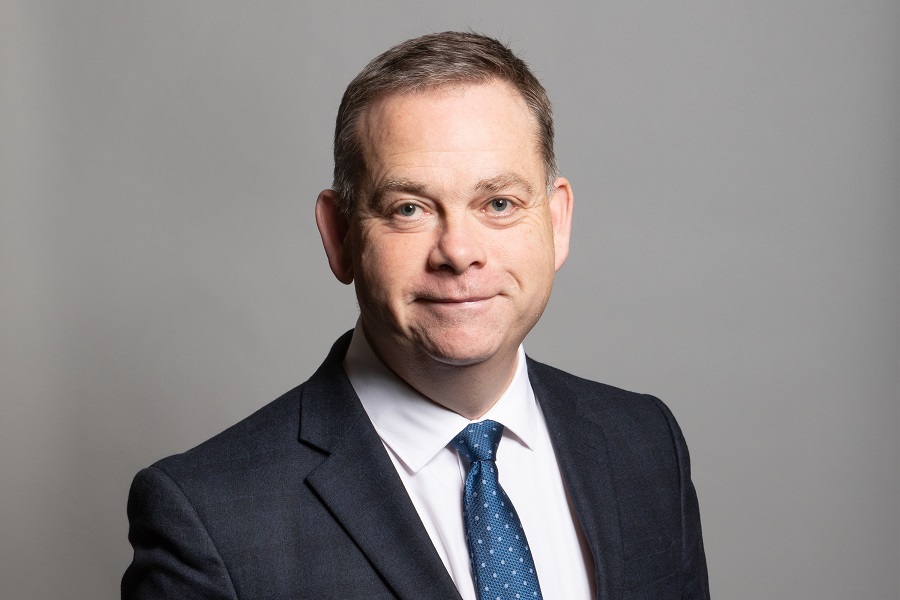
UK Minister of State for the Foreign and Commonwealth Office said the UK believes that the UN resolutions "remain the best framework for establishing truth and achieving justice and lasting reconciliation following the armed conflict in Sri Lanka" in response to a question on Sri Lanka.
Nigel Adams answered a series of written questions posed by Stephen Kinnock, Shadow Minister for Foreign and Commonweatlh Affairs, who asked "whether the Government is working with other states on (a) a new Human Rights Council resolution on Sri Lanka that ensures continued monitoring by the Office for the High Commissioner for Human Rights and (b) a mechanism to gather and preserve evidence of human rights violations in Sri Lanka at the forthcoming HRC in March 2021, in response to the Government of Sri Lanka's rejection of the existing consensus process on transitional justice, truth, and reconciliation under resolutions 30/1, 34/1 and 40/1?"
The Minister replied:
"We continue to encourage and support Sri Lanka to deliver on the commitments it made to the UNHRC through the resolutions. We believe that the preservation of progress to date, including the gathering of evidence, is important for future reconciliation and accountability."
"The Minister of State for South Asia and the Commonwealth and Minister responsible for Human Rights, Lord (Tariq) Ahmad of Wimbledon, has raised human rights concerns on several occasions with the Sri Lankan High Commissioner and Sri Lankan Foreign Minister Dinesh Gunawardena, most recently on 4 and 5 November respectively," he added.
In reference to the expiry of UN resolution 40/1 in March 2021, Mr Kinnock also asked "what steps the Government, in its role as leader of the Core Group on Sri Lanka, plans to take at the forthcoming UN Human Rights Council session in March 2021 to renew the international focus on impunity for human rights violations and attacks on the rule of law in Sri Lanka," to which the Minister replied:
"We are concerned about the Government of Sri Lanka's decision to withdraw support for the UN resolution, and have made this clear in statements delivered on behalf of the Core Group on Sri Lanka at the UNHRC in February, June and September. These statements reiterated our ongoing commitment to justice and accountability for victims of conflict and human rights violations, and to lasting reconciliation."
"Ahead of the March 2021 session of the UNHRC, we will continue to engage with the Government of Sri Lanka to underline the importance we attach to this issue. We will also continue to work with our international partners and with the HRC on how best to take forward this longstanding priority for the UK," Mr Adams added.
The British response comes despite the Sri Lankan government repeatedly rejecting UN resolutions, and with Sri Lankan president Gotabaya Rajapaksa even threatening to withdraw Colombo from global bodies if international prosecutions are pursued.
The Shadow Minister also asked Mr Adams "what discussions he has had with the new trade envoy to Sri Lanka on ensuring that future trade agreements between the UK and Sri Lanka support the UK’s policy on accountability and justice for human rights abuses in Sri Lanka?"
"Sri Lanka is a valuable trading partner for the UK. Both countries have expressed a mutual commitment to identifying and reducing barriers to trade and are actively seeking ways to further enhance our trading relationship. The UK's new trade envoy to Sri Lanka will play an important role in supporting this," the Minister responded.
"We regularly raise the importance of human rights and good governance alongside trade and other issues as part of our wide-ranging discussions with the Government of Sri Lanka...Human rights in Sri Lanka has been, and will continue to be, a longstanding priority for the UK," he added.
We need your support
Sri Lanka is one of the most dangerous places in the world to be a journalist. Tamil journalists are particularly at threat, with at least 41 media workers known to have been killed by the Sri Lankan state or its paramilitaries during and after the armed conflict.
Despite the risks, our team on the ground remain committed to providing detailed and accurate reporting of developments in the Tamil homeland, across the island and around the world, as well as providing expert analysis and insight from the Tamil point of view
We need your support in keeping our journalism going. Support our work today.
For more ways to donate visit https://donate.tamilguardian.com.

